FAA 2010 Lecture: Introduction to Solar Revolutions
$14.99
This short lecture introduces several solar revolution techniques, part of the Persian suite of annual predictive techniques: profections, the solar revolution chart, and transits. Length 1:08:57, 31MB.
You may also like…
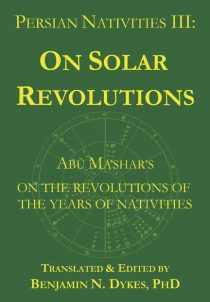
Persian Nativities III: On Solar Revolutions
This third volume of the Persian Nativities series is a translation of the surviving Latin version of Abu Ma’shar’s On the Revolutions of the Years of Nativities. It covers all of the primary predictive techniques: profections, solar revolutions, distributions, transits, and firdaria.
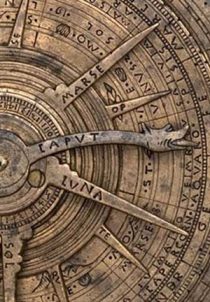
Workshop: Elements of Solar Revolutions
This 2.5-hour workshop shows in great detail how to understand and combine several traditional techniques for analyzing a native's chart from year to year, using solar revolutions (solar returns), profections, and the direction of the Ascendant of the solar revolution. Length 2:34:55, 71MB.
Related Products
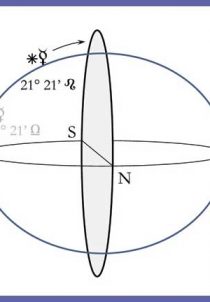
Primary Directions Without Tears
This audio download discusses how primary directions differ from other techniques like progressions, and completely explains how to calculate traditional directions using your astrology program’s animation function, illustrated with several chart example. Contains: MP3 and slides. Length: 1:45:00, 49MB.
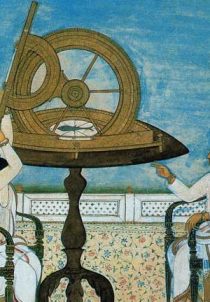
FAA 2010 Workshop: Special topics
This advanced workshop takes a tour through five special topics in traditional delineation and prediction: detriment and fall, aversion, bounds, stakes/angles and overcoming, and profession. Total length: 3:32:51, 48MB.
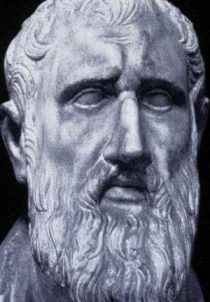
Freedom, Ethics, Metaphysics: Philosophical Issues in Traditional Astrology
This lecture explores several views on what astrology is, what the universe could be like, and freedom of the will and determinism. Length 1:21:00, 37MB.
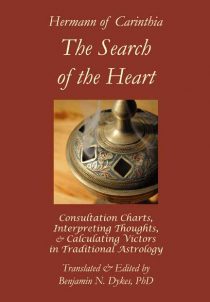
Hermann of Carinthia: The Search of the Heart
“Every question of astronomy… is either in thought or in speech.”
In the 1140s AD, Hermann of Carinthia assembled instructions from medieval Arabic-speaking authorities on interpreting the unstated thoughts of clients (now called “consultation charts”), often using a “victor” or mubtazz or almuten for topics or the chart. Hermann also offered his own reflections on the proper balancing of dignities, house rank, and planetary strength.
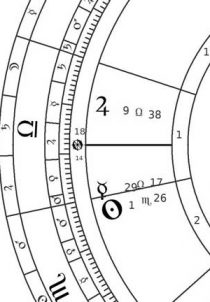
Workshop: Distributions Through the Bounds
This special, hands-on workshop will teach you how to use “distributions,” an ancient and powerful predictive technique, in both natal and solar return charts. Length 3:03:00, 84MB.

Introduction to Traditional Mundane Part 2
This audio lecture download discusses numerous techniques in traditional mundane, including eclipses, Saturn-Jupiter conjunctions, triplicity shifts, mundane profections, and Aries ingresses (see full description below). The download includes: MP3 audio, a handout, and slides.Length: 1:55:00, 54MB.
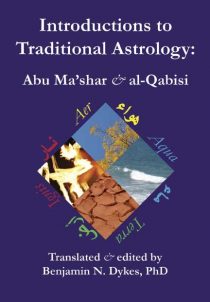
Introductions to Traditional Astrology: Abu Ma’shar & al-Qabisi
Introductions to Traditional Astrology (ITA) is a joint translation of two classic introductory works: Abu Ma’shar’s Abbreviation of the Introduction to Astrology, and al-Qabisi’s Introduction to Astrology. It also includes numerous passages from Abu Ma’shar’s Great Introduction (never before published in English) and other medieval astrologers on interpretating traditional concepts. (425 pages)
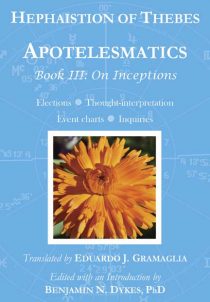
Apotelesmatics Book III: On Inceptions
Hephaistion of Thebes’ Apotelesmatics (5th Century AD) is an important record of ancient doctrines on general principles, natal, and electional astrology, largely drawn from the work of Ptolemy and Dorotheus.
